6 Best Tools for REST API Designers, Developers, and Testers
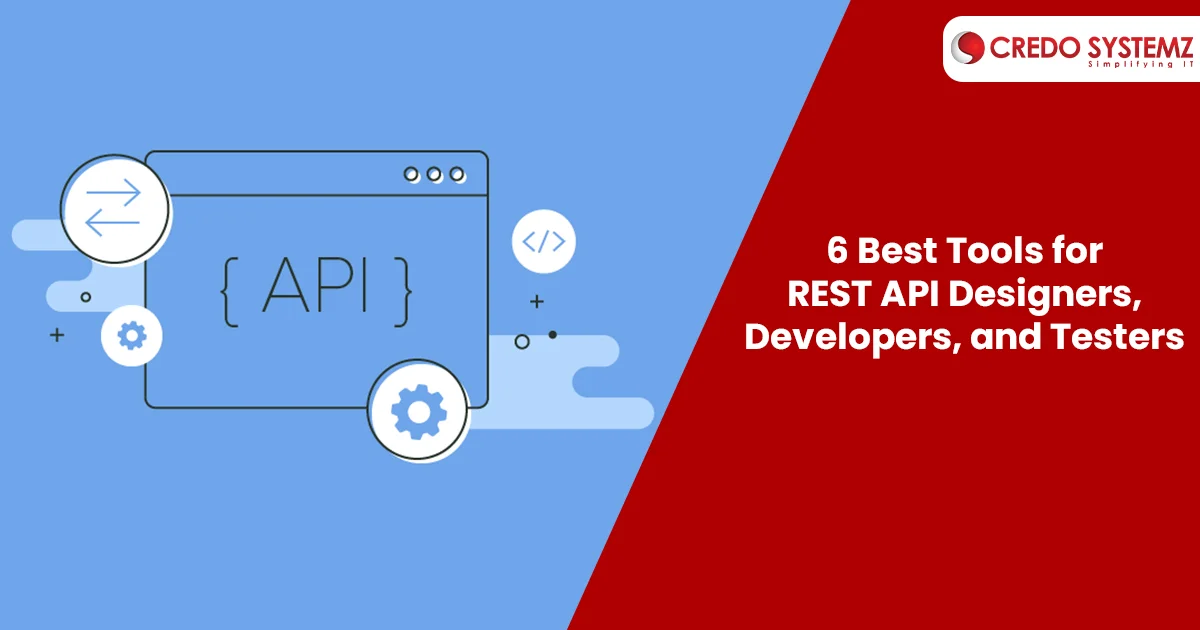
API Testing
API testing is the process of verifying and validating the API features like functionality, reliability, performance, and security. It involves testing the individual endpoints and API methods.This testing ensures that the function is as intended and returns the expected results. API testing helps to ensure the quality and reliability of the API and its integration with other software systems.API testing frameworks provide a set of tools and libraries for writing, running API automated tests.It can be performed manually and automated using specialized tools and frameworks.
Types of API tests
- Functional testing
- Performance testing
- Security testing
- Integration testing
- Usability testing
Benefits of API testing
- Early detection of defects that save time and money in fixing the issues.
- Faster testing and can be automated using tools and frameworks.
- Improved test coverage with a finite number of endpoints and methods.
- Better integration testing to ensure that the APIs work correctly with other components.
- Enhanced security which identifies security vulnerabilities, authentication and authorization issues.
- Increased productivity with reduced time and effort.
Best Tools for REST API Designers, Developers, and Testers
- Postman
- JMeter
- RESTAssured
- Katalon
- SoapUI
- Apigee
1. Postman
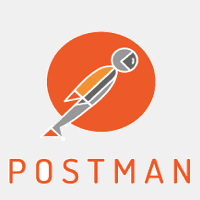
Postman is a popular API platform for designing,building,testing and debugging REST APIs. It is a standalone platform that simplifies the steps of API lifecycle. Postman provides a user-friendly interface and stable ratings. It helps to send HTTP requests, analyze responses, and generate automated tests.
Key features of Postman
- Request building
- Response inspection
- Automated testing
- Collaboration of requests and tests
- Environment management
- Integration with other tools
2. JMeter
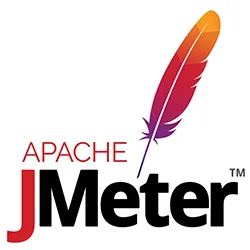
Apache JMeter is a popular, open-source,load testing tool.It is mostly used to test the performance of software products and applications.JMeter is for testing the performance and scalability of REST APIs. It provides a user-friendly interface for creating and executing load tests.JMeter is the powerful API testing tool for a variety of services.
key features of JMeter
- Load testing to identify performance bottlenecks and the maximum capacity of API.
- Flexible test scenarios including support for various HTTP methods.
- Reporting and analysis with response times, throughput, error rates, and other performance metrics.
- Distributed testing across multiple machines to simulate higher levels of traffic and request volume.
- Integration with other tools and services, such as Jenkins, Git, and Selenium.
3. RESTAssured

RESTAssured is a Java-based library to test and validate Restful web services.It provides a user-friendly Domain Specific Language (DSL) for testing REST APIs. RESTAssured is the best automation testing tool with Java programming.It allows developers to write concise and readable test cases for their APIs.
key features of RESTAssured
- Request building with user-friendly interface for building HTTP requests.
- Response inspection to view and analyze HTTP responses
- Authentication and authorization mechanisms
- Automated testing including unit tests, functional tests, and integration tests.
- Integration with other tools such as JUnit, TestNG, and Maven.
4. Katalon

Katalon Studio is an AI platform for web and mobile applications. It is a quality management platform to deliver high quality experience. Katalon provides a complete set of features for end-to-end test automation which includes,
- Test case creation
- Test execution
- Reporting
- Integration with popular testing frameworks
key features of Katalon Studio
- Built-in test recording and playback to verify application functionality.
- Keyword-driven testing for non-technical users.
- Scripting support to write custom test scripts to extend the functionality of the framework.
- Object repository for storing and managing application objects.
- Data-driven testing to run the same test case with different sets of input data.
5. SoapUI
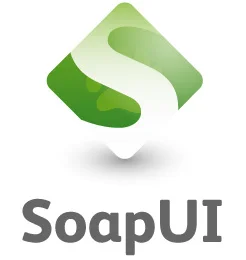
SoapUI is the most widely used automated testing tool. It is an open-source web service testing application testing SOAP and REST APIs. SoapUI provides a complete set of features for testing.The testing includes functional testing, load testing, security testing, and mock services. It supports all the standard protocols and technologies to test API.
key features of SoapUI
- Easy-to-use interface to create and execute test cases. Supports multiple protocols that include SOAP, REST, HTTP, JMS, AMF, and JDBC. Automated testing to create and run test suites and test cases automatically. Load testing to test the performance and scalability of web services and APIs. Security testing by simulating various types of attacks.
6. Apigee
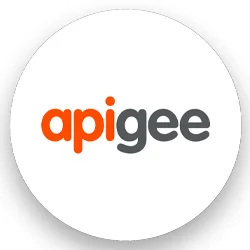
Apigee is a full-featured platform for developing and managing API. It allows the design, secure, and scale APIs. Apigee provides a complete set of security features for API.It includes API design, development, testing, deployment, and monitoring.APigee offers security,optimization and troubleshooting.
key features of Apigee
- API design using industry-standard specifications like OpenAPI and RAML.
- API development using popular programming languages like Java, Node.js, and Python.
- API testing using a variety of methods that includes automated and manual testing.
- API deployment to a variety of environments on-premises and in the cloud.
- API monitoring to monitor the performance, availability, and usage in real-time.
- API security includes authentication, authorization, encryption, and other security features.
Conclusion
If you are interested in learning RESTful web services, Select the best tool from the above recommendations. We recommend you to join the Credo Systemz training courses to learn these tools.This is the best training courses to learn REST APIs.
